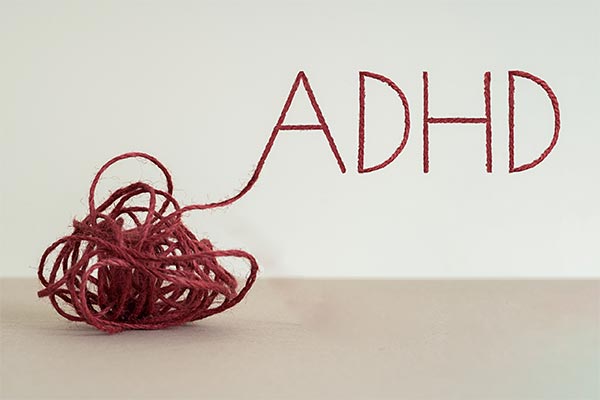Parenting a Child with ADHD: Tips and Support

Parenting is a rewarding journey filled with its share of challenges and triumphs. When you’re parenting a child with Attention-Deficit/Hyperactivity Disorder (ADHD), it can sometimes feel like navigating uncharted waters. ADHD can impact a child’s behavior, attention, and impulse control, presenting unique parenting challenges. However, with the right strategies and support, you can help your child thrive. In this article, we’ll explore tips for parenting a child with ADHD and the importance of seeking support.
Understanding ADHD
ADHD is a neurodevelopmental disorder that affects a child’s ability to focus, control impulses, and manage hyperactivity. While each child with ADHD is unique, common symptoms include difficulty concentrating, impulsivity, forgetfulness, and restless behavior.
Parenting Tips for ADHD
Education and Awareness: Start by educating yourself about ADHD. Understanding the condition and its effects can help you approach parenting with empathy and patience.
Consistency and Routine: Children with ADHD often benefit from structure and routines. Establish consistent daily schedules to help your child know what to expect.
Clear Communication: Use clear and simple instructions when communicating with your child. Break tasks into smaller steps and offer frequent positive reinforcement.
Set Realistic Expectations: Be mindful of setting realistic expectations for your child’s behavior and achievements. Celebrate their successes, no matter how small.
Behavioral Strategies: Implement behavioral strategies like positive reinforcement, rewards, and consequences to encourage desired behaviors and discourage impulsive actions.
Organization: Help your child stay organized by providing tools like calendars, checklists, and designated spaces for belongings.
Physical Activity: Encourage regular physical activity to help your child release excess energy and improve focus.
Limit Screen Time: Set limits on screen time, as excessive screen use can worsen symptoms. Encourage alternative activities like reading or outdoor play.
Healthy Diet: Maintain a balanced diet with whole foods. Some children with ADHD may benefit from reduced sugar and processed foods.
Medication, if Recommended: Consult with a healthcare professional about medication options if necessary. Medication can be an effective part of managing ADHD symptoms when prescribed and monitored by a healthcare provider.
Seeking Support
Parenting a child with ADHD can be challenging, and seeking support is crucial:
Therapy: Consider family therapy or individual therapy for your child to address emotional and behavioral challenges.
ADHD Support Groups: Joining ADHD support groups can provide you with a network of parents who understand your experiences and can offer guidance.
Educational Support: Work closely with your child’s school to develop an Individualized Education Plan (IEP) or 504 Plan to provide academic accommodations and support.
Self-Care: Don’t forget to prioritize self-care. Parenting can be demanding, and taking care of your well-being is essential.
In conclusion, parenting a child with ADHD requires patience, understanding, and a tailored approach. By educating yourself about ADHD, implementing effective parenting strategies, and seeking support, you can create a supportive and nurturing environment that helps your child thrive. Remember that you are not alone, and with the right resources and guidance, both you and your child can navigate the challenges of ADHD successfully.



